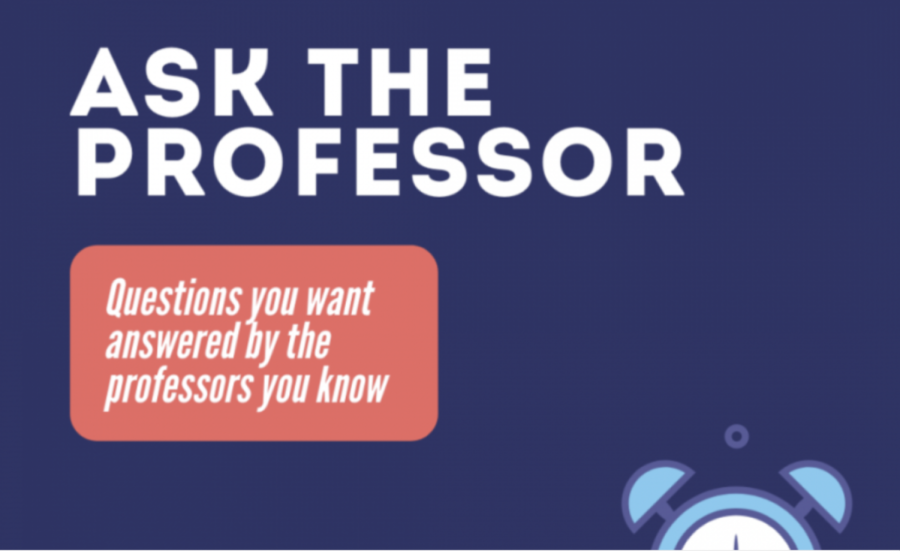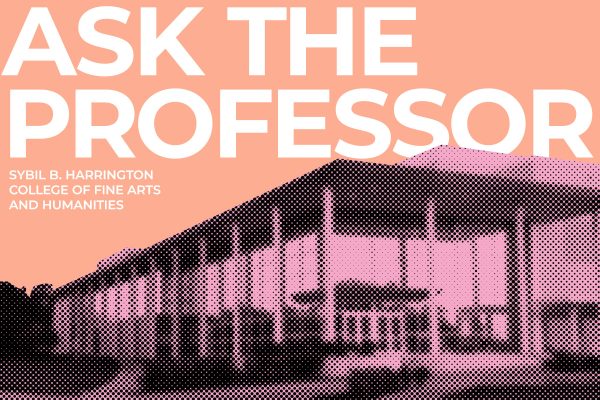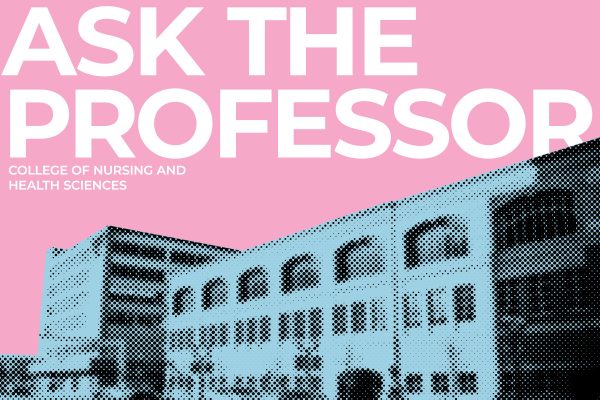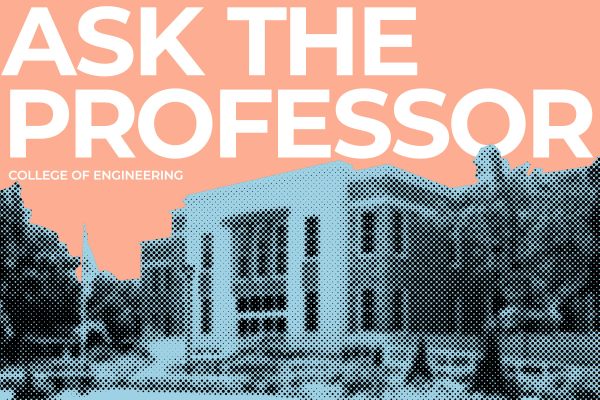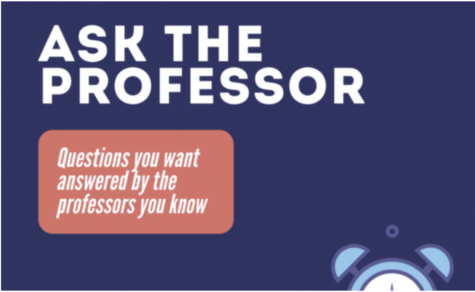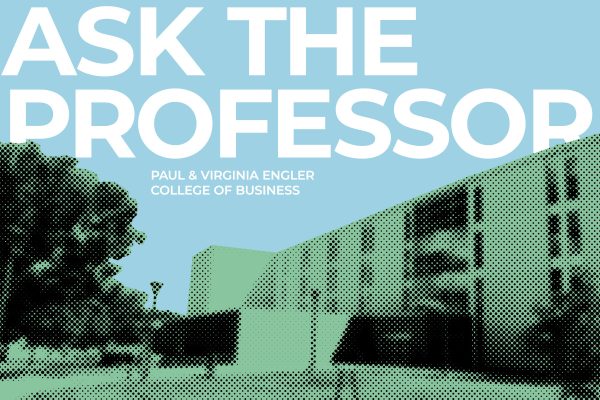Ask the Professor: Dr. Correa, assistant professor of nursing
Dr. Correa’s research interests involve health promotion, health disparities and its connections with family and community health. Dr. Correa spoke of the grit involved in nursing, as well as the ways that nursing care is an individualized process for the patient.
Nursing involves wellness and health, as well as caring for patients in a way that treats them as people instead of patients. Aside from helping patients, nurses also help with preventive care through the ways they help populations deal with health crises.
“The whole purpose of nursing is wellness, making sure that the population is healthy,” Dr. Correa said. “And so when you look at all the aspects and subspecialties of nursing, you look at public health, community health, because those are the subspecialties of nursing that really focus on prevention, and wellness and health. If you see an issue with a rise in STDs or a rise in meningitis, or you see a rise in any disease process, nursing is really looking at all the rates, looking at the community as a whole, and seeing what they can do to prevent those rates from rising.”
Individualized healthcare involves understanding who the patient is and their background while treating them or even preventing further illness in a patient. Nurses are human beings treating patients who are also human, so care involves treating a patient fairly and kindly, regardless of background.
“Minority groups have higher incidence, risks of diabetes, or heart disease, those types of things,” Dr. Correa said. “We know those exist, we know those things happen, but what are we going to do to help that group move towards a healthier lifestyle? And so I think that the most important part of nursing is taking all those aspects, bringing them together, looking at how you can piece all this together to best fit that patient for their plan of care.”
Nurses care for people, but because they are human, they also experience burnout and try to maintain a balance between work and life. Many nurses have left the profession as a result of burnout, and the COVID-19 pandemic exacerbated the burnout nurses were already experiencing.
“If you look at burnout rates and nurses, the COVID pandemic really changed health care in so many ways,” Dr. Correa said. “There’s not a perfect system. And so I think the COVID pandemic really stretched that and really brought forth the gaps in nursing care. Nurses were pushed to the limit, they were taking care of patients, they were seeing patients die alone, they were seeing families broken that couldn’t see their family members pass away.”
But even with the burnout amongst nurses, nurses are still going to work every day. Mental health is being prioritized through local, state and federal policies to help workers through various crises.
“As educators, as people in policy, mental health is really important, you’ll see mental health is really being talked about right now,” Dr. Correa said. “If you follow local policy, state policy, federal policy, all those policy issues are now gearing and moving towards mental health. The pandemic brought all that to the forefront. And then you see all these nurses leave. And a lot of that is because of self care. As nurses, we want to take care of people, we want to help others fix whatever’s happening.”
As a nursing professor, Dr. Correa also supports her students throughout nursing school as they may also experience burnout. Dr. Correa knows what it is like to attend nursing school, so she encourages her students through the process.
“A lot of research that is now emerging is really looking into grit,” Dr. Correa said. “How are people resilient? How do people learn to be resilient? How do they learn to have grit? And so you look at those things, and look at work/life balance, look at culture within the workplace, you really have to look at what helps people succeed.”
Dr. Correa approaches her students’ needs by making sure they know that she understands the difficulties of balancing work and school.
“I teach RN (Registered Nurse) BSN (Bachelor of Science in Nursing) students and graduate students, so they’re working nurses, they’re out working as a nurse, and they’re going back to school” Dr. Correa said. “The biggest thing that I tell my students is one, I am proud of them, because they have chosen to further their education. Second, it’s just really being that encourager, and telling them, you can do this, we’ve been there, I’ve been there, I know what it’s like, to have a family, to go to school, to still try to be a dad, be a mom still be an active family member. Those are hard transitions and hard places to try to navigate while you’re still trying to be a student.”

My name is Victoria Fatiregun. I am in my senior year here at WTAMU. I am an English major and I am keen on entertaining the advertising and marketing...



